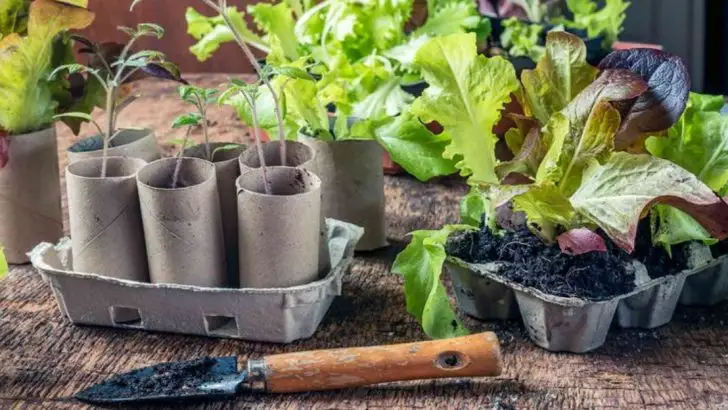You don’t need a shed full of expensive gear to garden well. In fact, some of the best gardening tools are already hiding in your kitchen, garage, or recycling bin. With a little creativity, everyday items can become smarter, cheaper, and often more effective alternatives to what you’d find in stores.
From old forks that make perfect seedling rakes to plastic bottles that double as drip irrigators, these clever swaps save money while reducing waste. Plus, many of them work just as well—if not better—than their store-bought counterparts.
In this article, we’ll show you 10 common household items that can be repurposed into game-changing garden tools, helping you garden more sustainably and resourcefully, without spending a dime.
Old Spoons
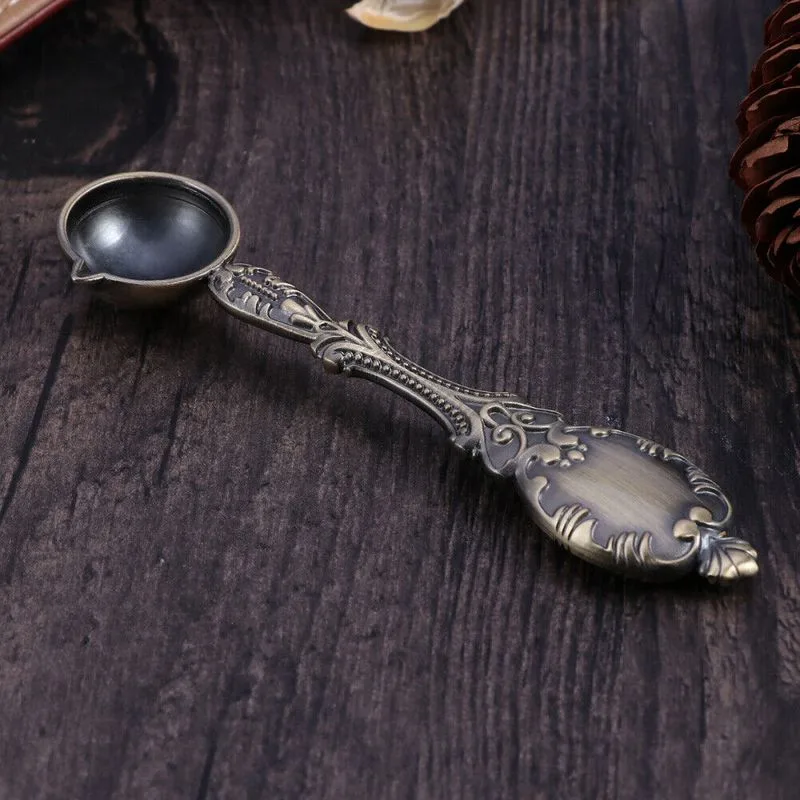
Imagine your trusty cutlery stepping up to the challenge of gardening. Old spoons, with their sturdy handles and rounded edges, become excellent little garden trowels. Digging into soil or transferring seedlings becomes effortless with this humble tool from your kitchen drawer. It’s a simple yet effective substitution that makes planting a breeze.
Most people overlook the potential of their old cutlery, seeing them only as dining tools. However, the transformation of a spoon into a garden aid showcases its versatility. The metal is robust enough to handle soil yet gentle enough not to harm delicate roots.
Wine Corks
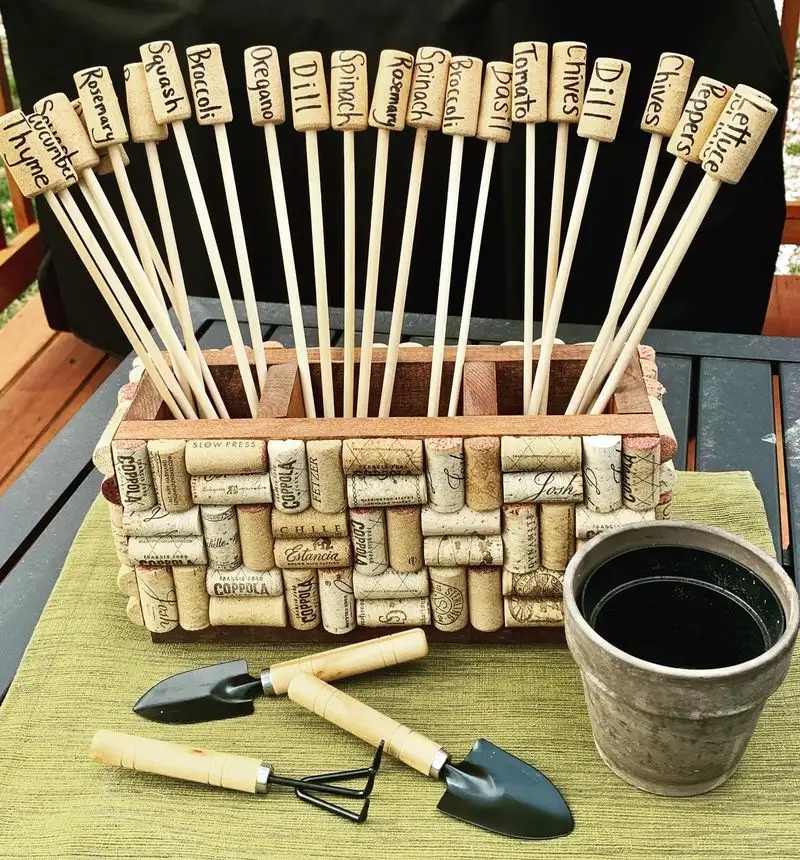
After a celebratory evening, wine corks often find themselves discarded. Yet, they make for perfect plant markers. Attach a cork to a stick, write the plant name, and insert it into the soil. This eco-friendly solution keeps your garden organized and adds an artisanal touch.
Gardeners often struggle with identifying plants, especially when they are in the early stages. Wine corks provide a crafty solution. Their natural texture and ease of writing make them ideal for this purpose. Plus, it’s a fantastic way to upcycle and reduce waste, adding charm to your garden.
Plastic Bottles
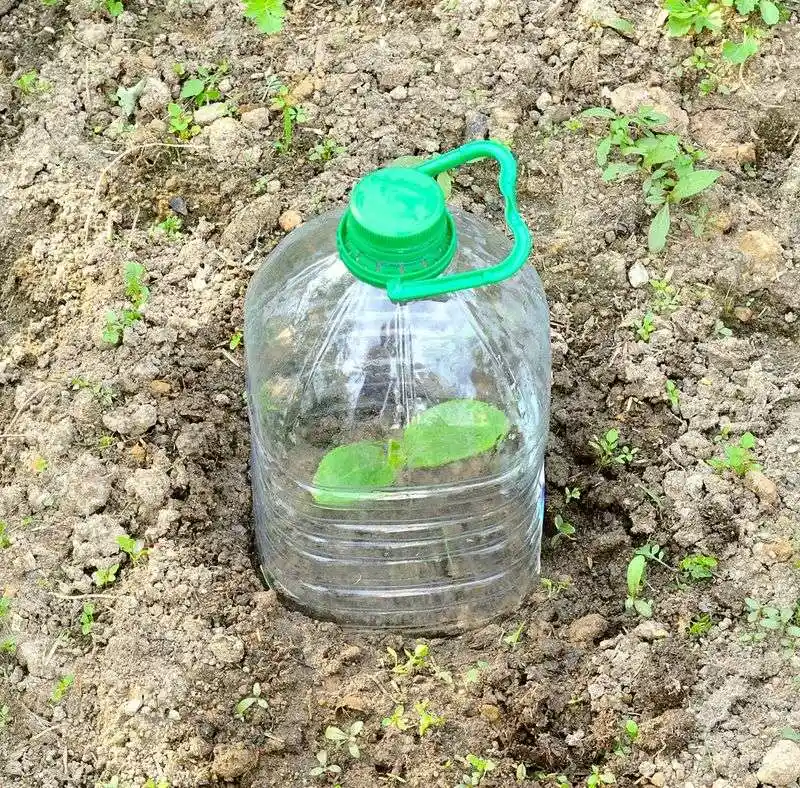
Empty plastic bottles find new life in the garden as efficient watering cans. Simply puncture small holes in the cap, fill the bottle with water, and gently squeeze. This makeshift watering tool distributes water evenly without disrupting the soil.
Many gardeners face the dilemma of over-watering delicate seedlings. Using a plastic bottle offers control and precision. The lightweight design makes it easy to handle, ensuring you reach every corner of your garden. It’s a sustainable practice that reduces plastic waste while providing practical benefits to your plants.
Old Toothbrushes
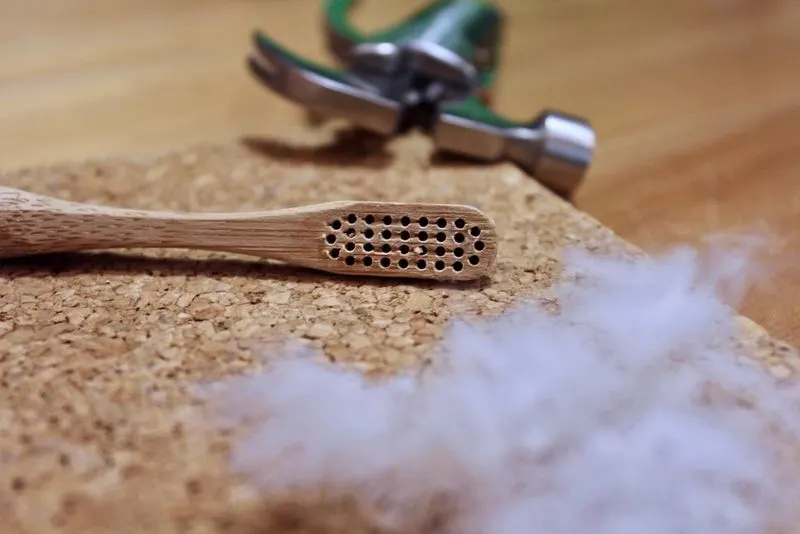
Beyond oral hygiene, an old toothbrush excels in gardening tasks, particularly in cleaning leaves. Its soft bristles gently remove pests or mildew without harming the plant, ensuring healthier foliage.
Gardening often involves battling pests, and chemical solutions aren’t always the best option. A toothbrush offers an eco-friendly alternative, promoting plant health naturally. This repurposing not only extends the life of your brush but also contributes to a greener approach to gardening. The precision and softness make it perfect for maintaining your plants’ well-being.
Pantyhose
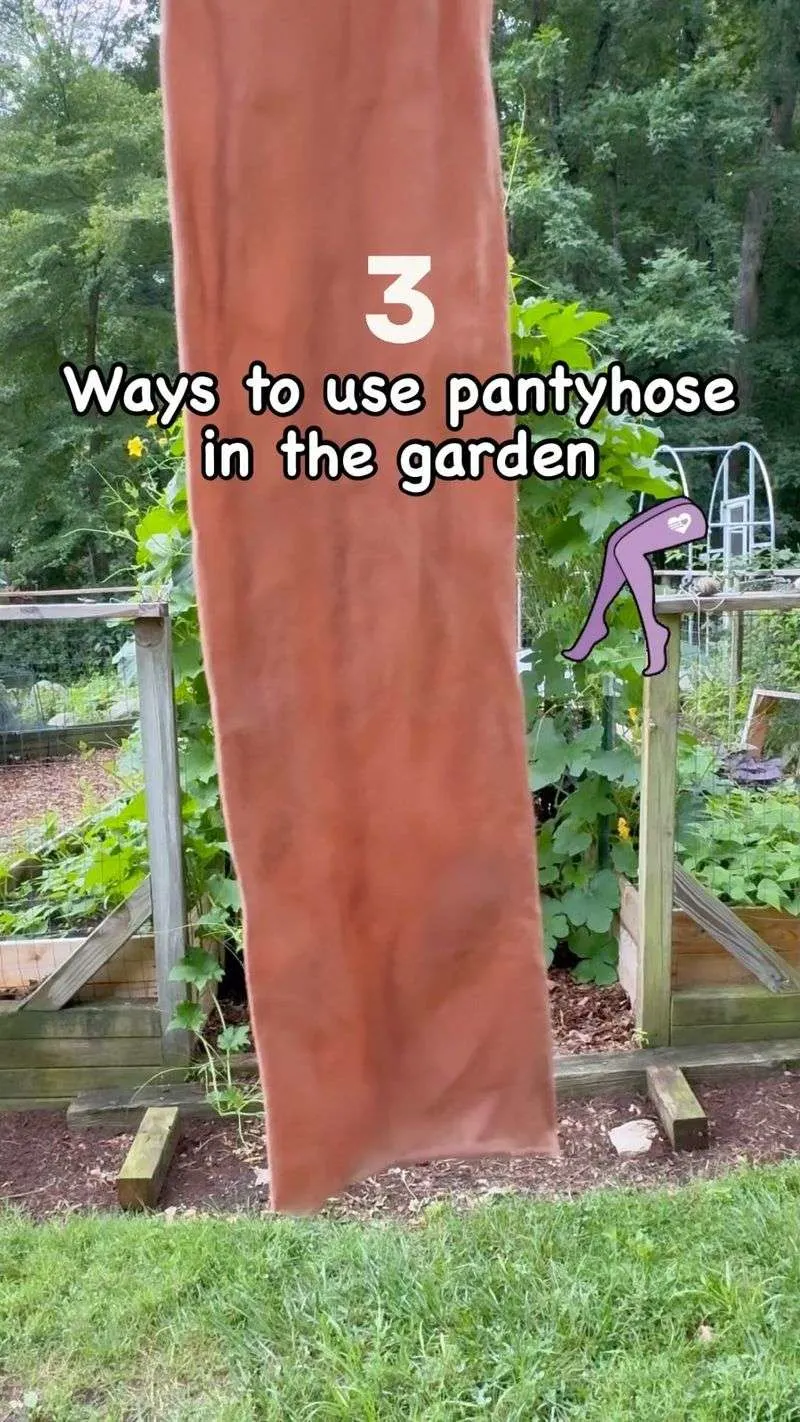
Unbeknownst to many, pantyhose play a crucial role in supporting garden plants. The stretchy fabric makes them perfect for tying plants to stakes, providing gentle support without damaging stems.
Gardeners often need to secure plants as they grow, and pantyhose offer flexibility and strength. Unlike harsh wires, the soft material cradles stems, reducing the risk of breakage. This innovative use of old clothing not only recycles fabric but also offers practical benefits, making plant management easier and more effective.
Egg Cartons
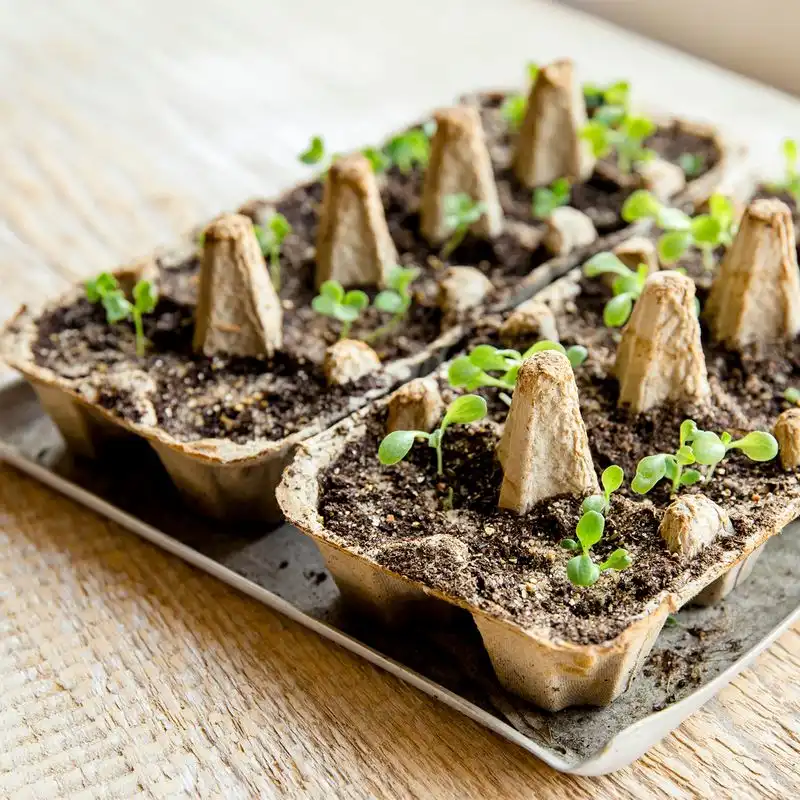
Egg cartons, often discarded, become invaluable as seed starters. The compartments are perfect for nurturing seedlings until they’re ready to be transplanted into the garden.
Starting seeds can be a delicate process, and egg cartons provide an organized, space-saving solution. The biodegradable nature of the carton allows for easy planting directly into the soil, minimizing transplant shock. This simple repurposing turns waste into a garden asset, promoting a sustainable gardening practice.
Paper Towel Rolls
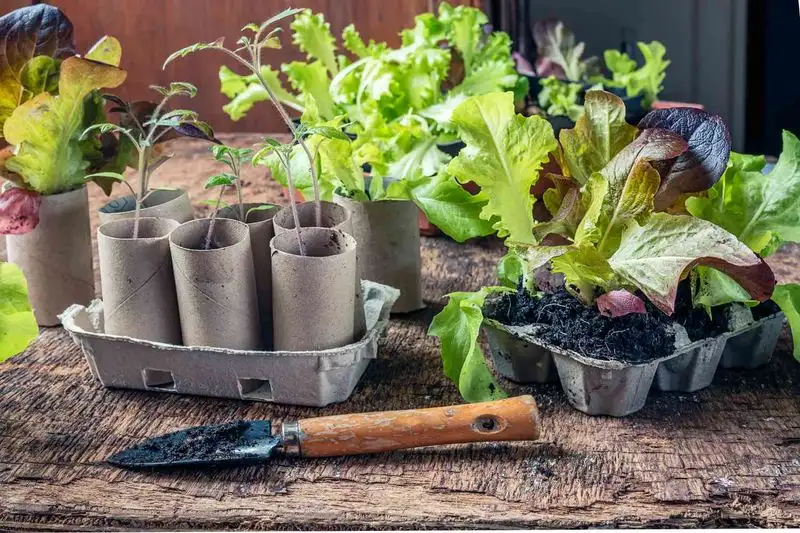
Empty paper towel rolls come alive in the garden as protective collars for young plants. Cut into rings, they shield seedlings from pests and support their growth.
Protecting vulnerable plants can be challenging, but these tubes offer an effective barrier. The biodegradable material eventually decomposes, enriching the soil. This clever reuse transforms kitchen waste into a functional garden tool, aiding in the nurture and protection of emerging plants.
Mason Jars
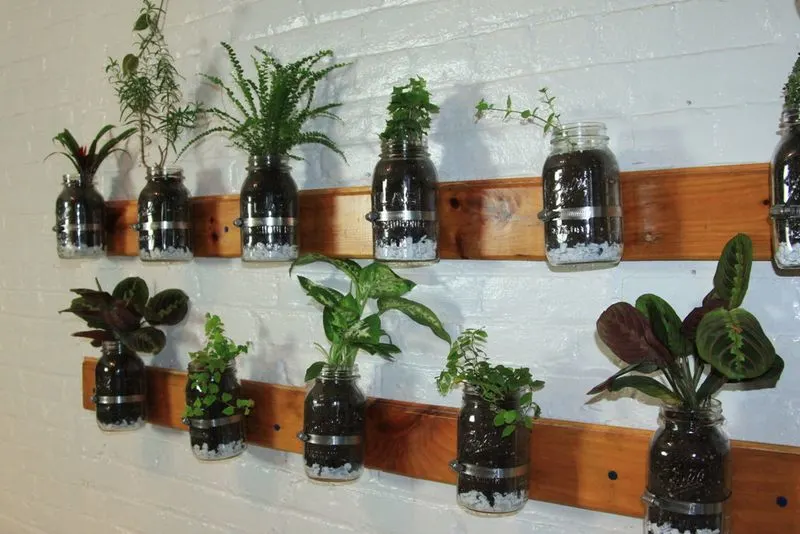
Mason jars, often used for preserving food, find a new purpose as mini composters. Bury a jar partially in the soil, fill with scraps, and let nature take its course. This compact composting method enriches the soil directly at the plant’s base.
For gardeners with limited space, mason jars offer an efficient way to recycle kitchen waste. The glass barrier keeps pests away while the organic matter decomposes. It’s a simple, effective way to enhance soil fertility and promote healthy plant growth.
CDs
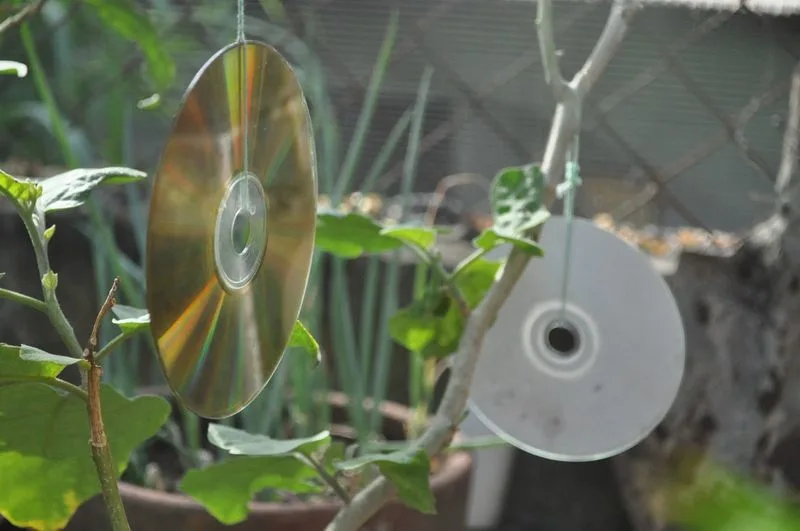
The reflective surface of old CDs serves as a deterrent for birds in the garden. Hanging them in strategic locations can protect fruits and vegetables from opportunistic feathered visitors.
Birds can pose a significant threat to ripening produce, and CDs offer a shiny, moving deterrent. As they spin and catch the light, they scare off birds without causing harm. This creative use of obsolete technology not only repurposes waste but also saves your harvest from becoming a bird buffet.
Milk Jugs
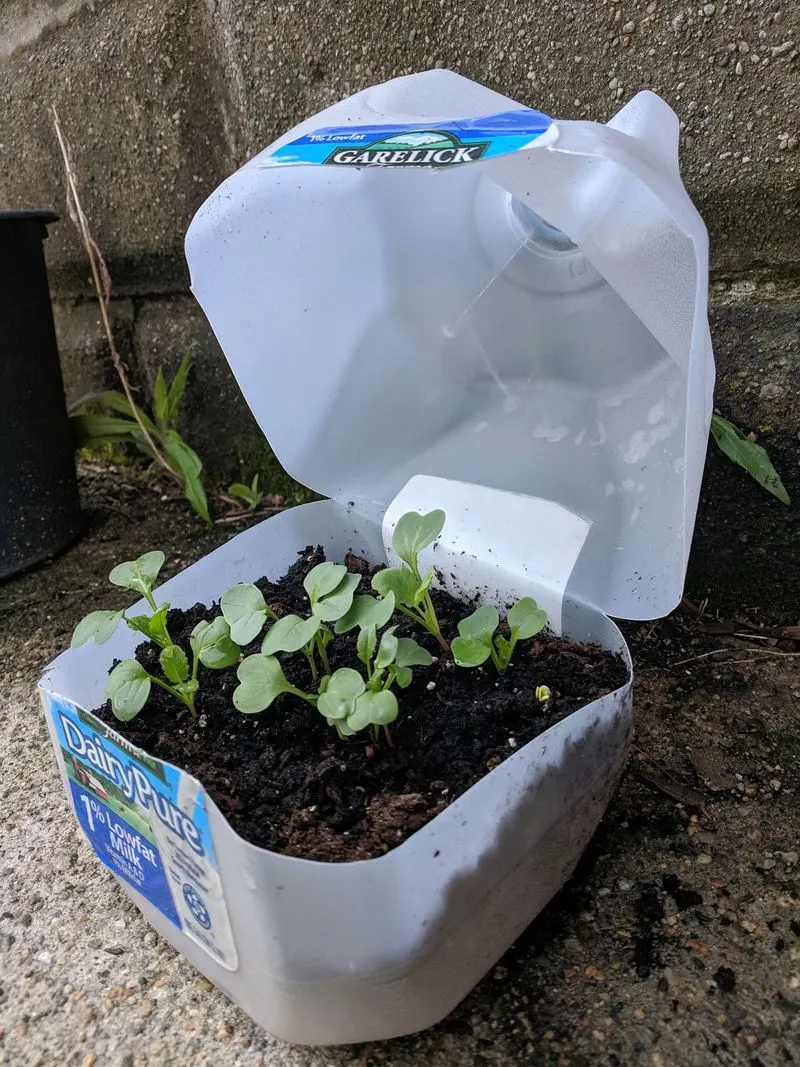
Empty milk jugs, once a staple in the fridge, make excellent cloches for young plants. Cut the bottom off and place over seedlings to create a mini greenhouse.
Creating a controlled environment for growing plants can be tricky. Milk jugs provide the perfect solution, offering protection from the elements while maintaining humidity. This repurposing not only reduces plastic waste but also aids in nurturing delicate plants, ensuring they thrive even in less-than-ideal conditions.

